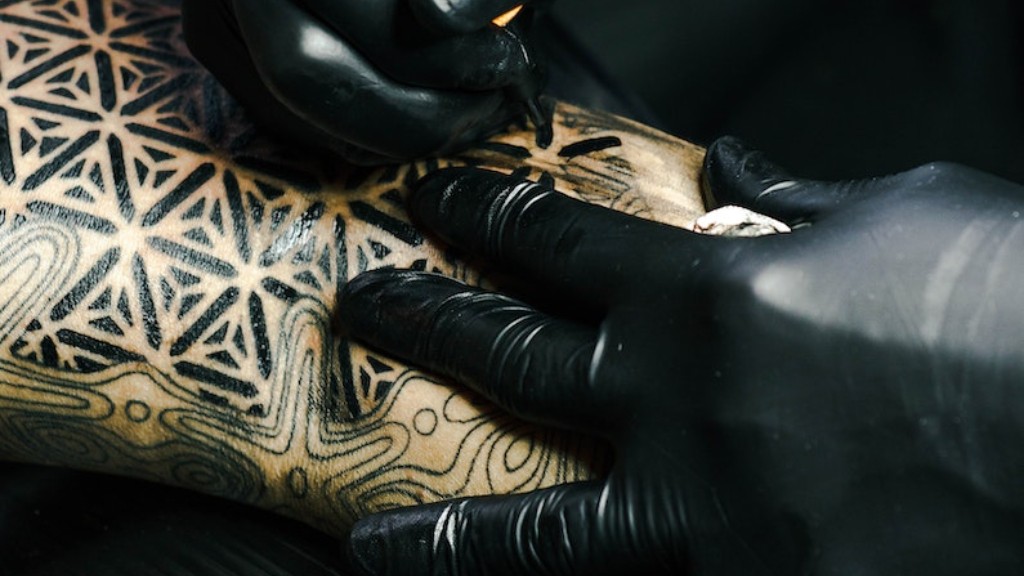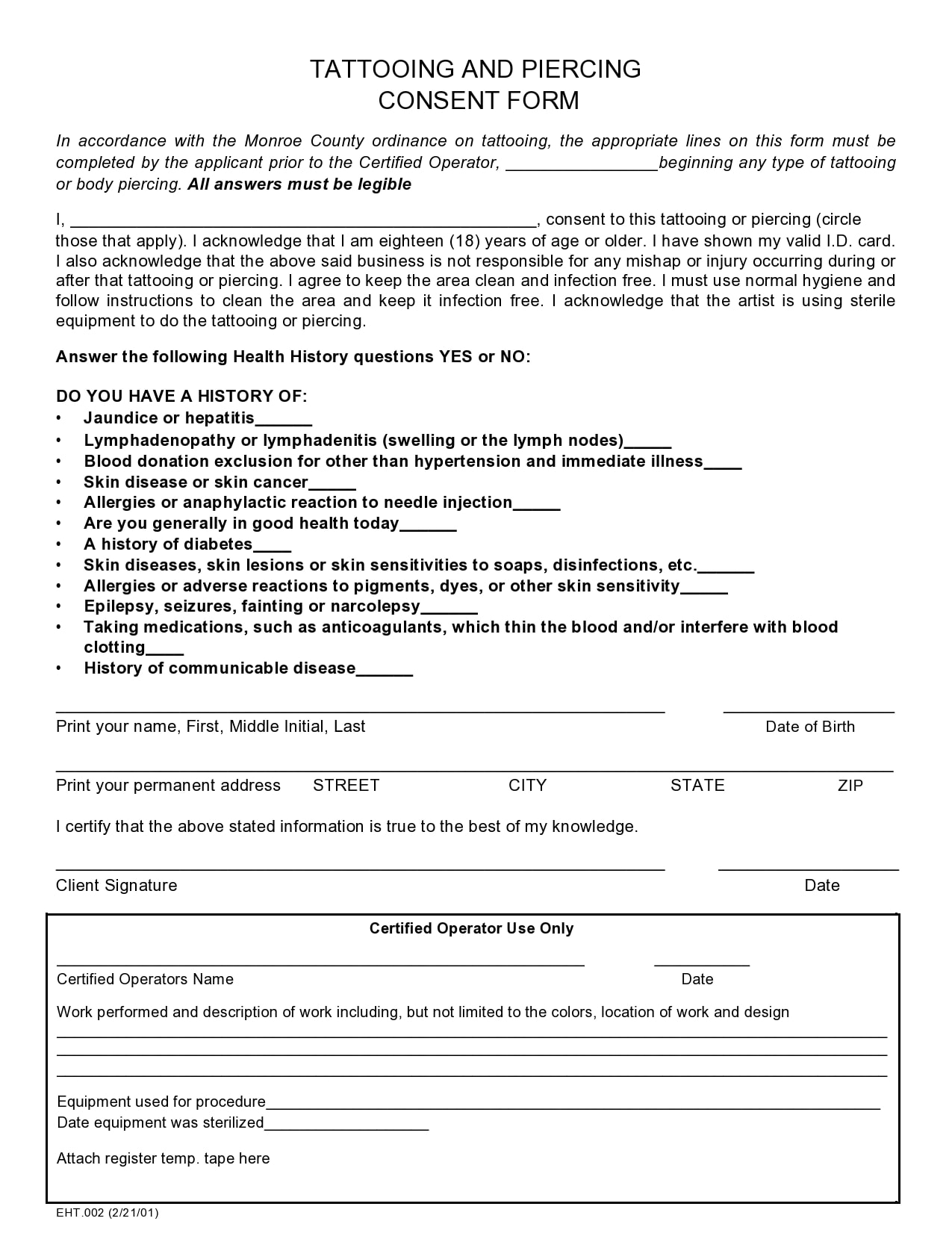For teenagers eager to express themselves through tattoos, the question of "can you get a tattoo with parental consent at 16" is both common and complex. Laws surrounding tattoos for minors vary significantly by location, and understanding these regulations is crucial before heading to the parlor. While some regions allow tattoos with parental permission, others impose strict bans until the age of 18. This article delves deep into the legal framework, offering clarity and guidance for young individuals and their parents navigating this decision.
Many tattoo enthusiasts at the age of 16 are curious about their options when it comes to permanent body art. It’s important to approach this subject with care, as tattoos are lifelong commitments that carry cultural, social, and personal significance. Whether you’re considering a small design or something more elaborate, understanding the legal requirements, parental involvement, and potential consequences is essential. This article will explore these aspects in detail, ensuring you’re well-informed before making any decisions.
As we navigate through the intricacies of tattoo regulations for minors, we’ll also examine the role of parental consent and its limitations. While some parents may be supportive of their child’s desire for a tattoo, others may express concerns about the permanence and implications of such a decision. By the end of this article, you’ll have a clearer understanding of whether getting a tattoo at 16 with parental consent is feasible in your area and what steps to take if it is.
Read also:Discover Big Sky Montanas Unforgettable Ski Resort
Can You Get a Tattoo with Parental Consent at 16?
One of the most frequently asked questions among 16-year-olds is whether they can legally get a tattoo with parental consent. The answer, unfortunately, isn’t universally straightforward. Tattoo laws are governed by local jurisdictions, meaning the rules can differ significantly depending on where you live. In some states or countries, parental consent is sufficient to allow minors to get inked, while in others, the legal age for tattoos remains firmly at 18, regardless of parental approval.
To further complicate matters, even in regions where parental consent is permitted, additional requirements may apply. For instance, some areas mandate that both parents provide written consent, while others may require the presence of a parent during the tattooing process. It’s vital to research the specific regulations in your location to avoid potential legal issues or disappointments.
Why Does Parental Consent Matter in "Can You Get a Tattoo with Parental Consent at 16"?
The inclusion of parental consent in tattoo regulations reflects the seriousness of the decision. For minors, tattoos represent not only a form of self-expression but also a commitment to a lifelong mark on their bodies. By involving parents, lawmakers aim to ensure that the decision is made thoughtfully and with adequate understanding of its implications. Parents can provide guidance, discuss potential risks, and help their children weigh the pros and cons of getting a tattoo at such a young age.
However, parental consent isn’t a guarantee of approval. Some parents may outright oppose the idea of their child getting a tattoo, while others may have specific conditions or preferences regarding the design, location, or size of the tattoo. Understanding these dynamics is key to navigating the process smoothly.
What Happens If You Get a Tattoo Without Parental Consent at 16?
Getting a tattoo without parental consent at 16 can lead to significant legal and personal consequences. In areas where parental consent is mandatory, tattoo artists who proceed without proper authorization may face fines, license suspension, or even criminal charges. For the minor involved, the experience can result in strained relationships with parents, regret over the decision, or challenges in future professional or social settings.
It’s worth noting that tattoos obtained illegally may also carry health risks, as unlicensed or unregulated tattoo artists may not adhere to proper hygiene standards. This underscores the importance of following legal guidelines and seeking reputable tattoo establishments when considering a tattoo at 16.
Read also:Summerslam 2027 The Ultimate Wrestling Spectacle Set To Ignite Fans Worldwide
Table of Contents
- Can You Get a Tattoo with Parental Consent at 16?
- Why Does Parental Consent Matter in "Can You Get a Tattoo with Parental Consent at 16"?
- What Happens If You Get a Tattoo Without Parental Consent at 16?
- Which Countries Allow Tattoos for Minors with Parental Consent?
- Understanding Tattoo Laws by Region
- Factors to Consider Before Getting a Tattoo at 16
- How to Approach the Conversation with Your Parents
- Tattoo Design Ideas for Minors
- Health and Safety Guidelines for Young Tattoo Recipients
- Can You Reverse a Tattoo Decision Made at 16?
Which Countries Allow Tattoos for Minors with Parental Consent?
While the United States has varying state-level regulations regarding tattoos for minors, other countries have their own approaches to this issue. For instance, some European nations allow tattoos for individuals under 18 with parental consent, while others enforce stricter age limits. In Canada, the rules are province-specific, adding another layer of complexity for young people considering tattoos.
Exploring international perspectives can provide valuable insights into how different cultures view tattoos for minors. By comparing these regulations, you can better understand the reasoning behind the laws and how they align with societal values regarding youth and body art.
Understanding Tattoo Laws by Region
To ensure compliance with local laws, it’s crucial to familiarize yourself with the specific regulations governing tattoos for minors in your area. This involves researching state or provincial laws, consulting legal experts if necessary, and verifying the credentials of potential tattoo artists. Many reputable tattoo studios will refuse to ink minors without proper documentation, emphasizing the importance of adhering to legal requirements.
Additionally, some regions impose restrictions on the types of tattoos minors can get, even with parental consent. These limitations may include bans on certain designs, sizes, or locations on the body, underscoring the need for thorough research before proceeding.
Factors to Consider Before Getting a Tattoo at 16
Before answering the question of "can you get a tattoo with parental consent at 16," it’s essential to weigh the various factors involved. These include the permanence of tattoos, potential societal judgments, and the impact on future career opportunities. While tattoos have become increasingly mainstream, some industries or professions may still view them negatively, making it important to consider long-term implications.
Another factor to consider is the financial aspect. Tattoos can be expensive, and the cost of maintenance or removal can add up over time. Understanding these financial responsibilities can help ensure that getting a tattoo is a well-thought-out decision rather than an impulsive one.
How to Approach the Conversation with Your Parents?
Discussing tattoos with your parents can be challenging, especially if you anticipate resistance. To make the conversation productive, it’s helpful to approach it with maturity and openness. Present your reasons for wanting a tattoo, acknowledge their concerns, and demonstrate that you’ve done your research. Providing examples of tasteful designs and discussing responsible tattoo care can help ease their worries.
Ultimately, the goal is to reach a mutual understanding and, if possible, gain their support. Even if they initially oppose the idea, maintaining open communication can lead to a compromise or a willingness to revisit the topic in the future.
Tattoo Design Ideas for Minors
For those who receive approval to get a tattoo at 16, choosing the right design is a significant decision. Opting for small, meaningful designs can be a great way to start. Consider symbols, quotes, or minimalist art that reflects your personality or interests. It’s also wise to select a discreet location for your first tattoo, minimizing potential judgment from others.
Consulting with a professional tattoo artist can provide valuable advice on design options and placement. They can help ensure that your chosen design aligns with your vision and adheres to any legal or parental restrictions.
Health and Safety Guidelines for Young Tattoo Recipients
Regardless of age, getting a tattoo involves certain health risks. To minimize these risks, it’s crucial to follow proper aftercare instructions provided by your tattoo artist. This includes keeping the area clean, avoiding excessive exposure to sunlight, and using recommended moisturizers. Additionally, ensuring that the tattoo studio adheres to strict hygiene standards is essential for preventing infections or allergic reactions.
For minors, it’s especially important to prioritize health and safety, as their bodies may still be developing. Understanding these precautions can help ensure a positive and safe tattoo experience.
Can You Reverse a Tattoo Decision Made at 16?
While tattoos are intended to be permanent, advancements in laser removal technology have made it possible to reverse the decision to some extent. However, tattoo removal is a costly, time-consuming, and often painful process. It’s important to approach this option with realistic expectations and a clear understanding of its limitations.
For those who regret their tattoo decisions made at 16, exploring alternatives such as cover-ups or alterations can be a more practical solution. Consulting with a skilled tattoo artist can help transform an unwanted design into something new and meaningful, offering a creative way to address regret without resorting to removal.
In conclusion, the question of "can you get a tattoo with parental consent at 16" requires careful consideration of legal, personal, and societal factors. By educating yourself on the regulations, involving your parents in the decision-making process, and prioritizing health and safety, you can make an informed choice that aligns with your values and goals. Whether you decide to proceed with a tattoo or wait until you’re older, the key is to approach the decision with thoughtfulness and responsibility.


